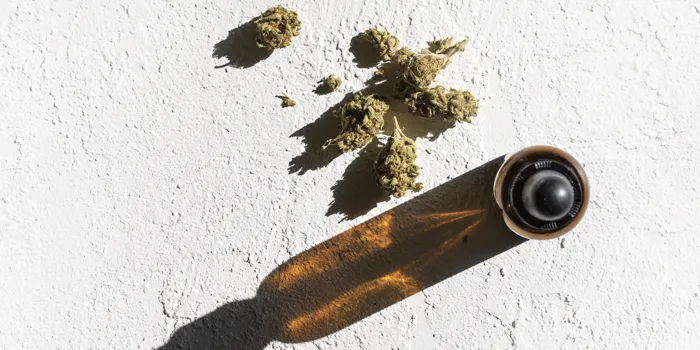Last October, a New York Times headline asked a question many people across the country have had on their minds: “Why Is CBD Everywhere?” CBD oil, scientifically known as cannabidiol oil, has been heavily marketed as a cure-all for everything from inflammation and chronic pain to anxiety and insomnia. For people with bleeding disorders, CBD oil may seem appealing to try. But what is it exactly, and how much evidence is there that it actually works?
What is CBD oil?
Cannabidiol (CBD) is one of several chemical compounds, called cannabinoids, found in the cannabis plant. Another cannabinoid is delta-9-tetrahydrocannabinol (THC), the compound in marijuana that makes you high.
How is CBD oil made?
CBD is extracted from the cannabis plant and added to oils, creams and balms, liquids for vaping, pills and even candies like mints and gummies.
How does CBD oil make you feel?
Unlike THC, CBD does not get you “stoned.” Some report that CBD’s effects include both physical and mental relaxation, reduced soreness and inflammation, and improved focus. However, some users say they don’t feel anything.
What’s the evidence that it works?
Little research has been done into the health effects of CBD. However, more studies are underway, and health agencies such as the National Institutes of Health and the World Health Organization agree more research is needed. In the US, just one prescription drug has been approved that contains CBD as its active ingredient: Epidiolex, which reduces seizures in people with two rare forms of epilepsy.
Is CBD safe?
Some studies indicate CBD—and other cannabinoids—may have an anticoagulant effect by suppressing production of blood platelets, which is an obvious concern for anyone with a bleeding disorder. Another issue is how CBD interacts with other medications, which is uncertain and needs more study.
More broadly, general safety is a gray area when it comes to CBD oil. Production of CBD oil products is unregulated, so it can be difficult to know exactly what you’re getting. The US Food and Drug Administration tested several brands of CBD oil and says that “many were found to not contain the levels of CBD they claimed to contain.” Other research has found some CBD products contained levels of THC that could cause intoxication. In an exhaustive report on CBD oil, Consumer Reports magazine says it may be safer to buy CBD in states where medical and recreational use of cannabis is legal, as standards are likely to be stricter in these locations. Another tip is to look for CBD from producers who post the results of third-party testing of their products.
Is CBD legal?
In most states, CBD is legal as long as it is extracted from the hemp variety of the cannabis plant and it contains no THC (the 2018 federal farm bill legalized cultivation of hemp). You can check the laws in your state at the website of the National Organization for the Reform of Marijuana Laws (NORML).
The bottom line.
CBD may help relieve pain, anxiety and insomnia, but it also may not. If you’re interested in using it, be sure to check with your healthcare team first so they can advise you on how to use it and monitor its effects.

